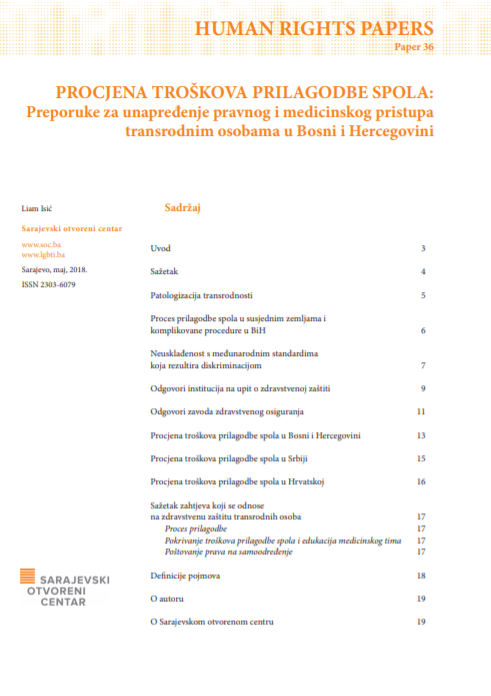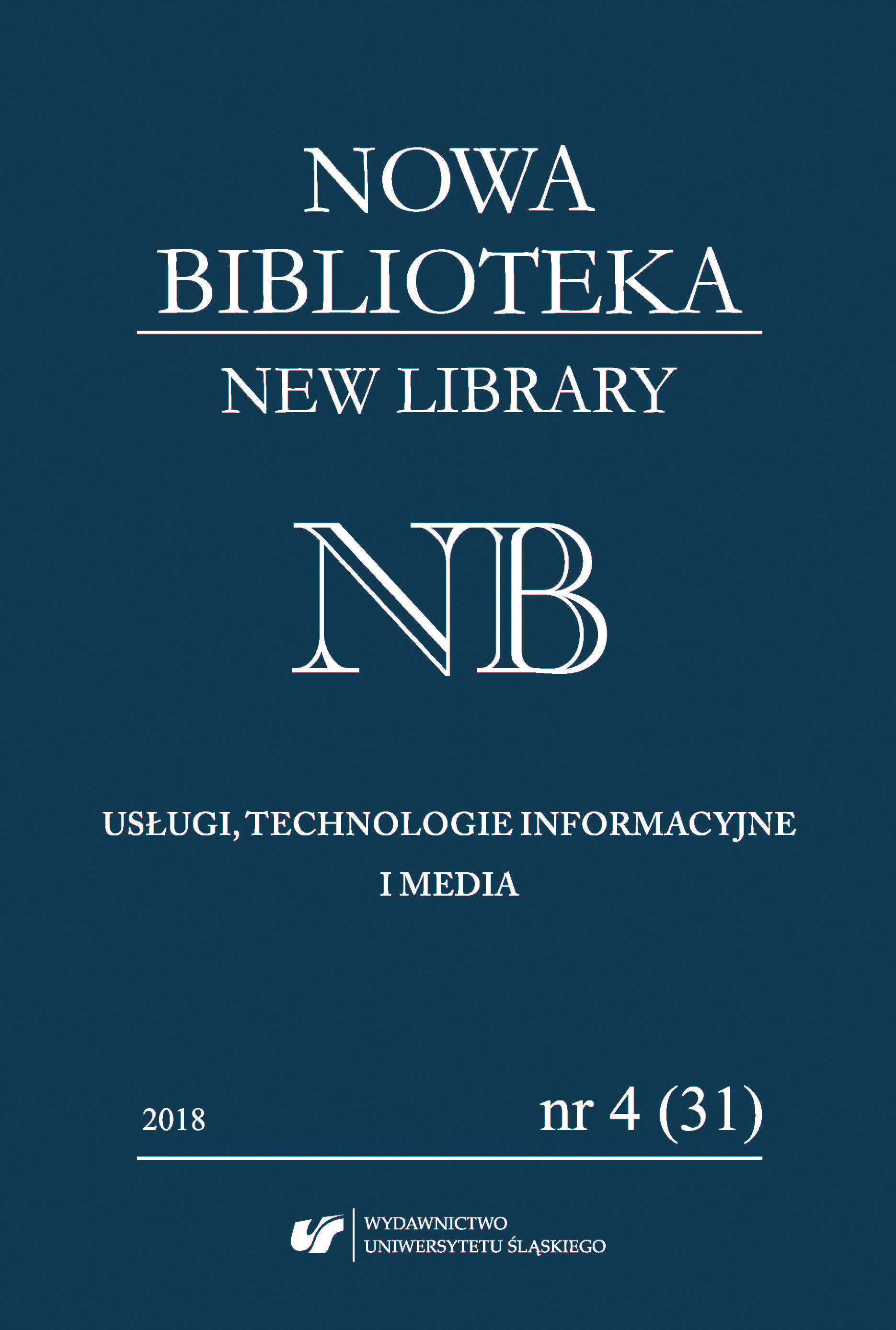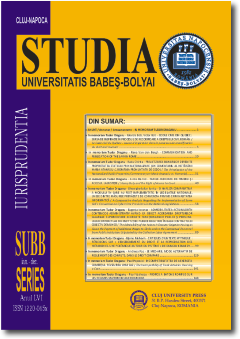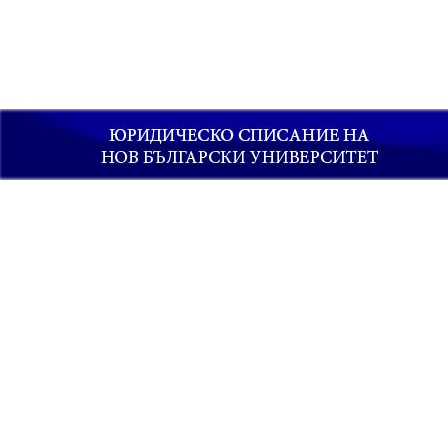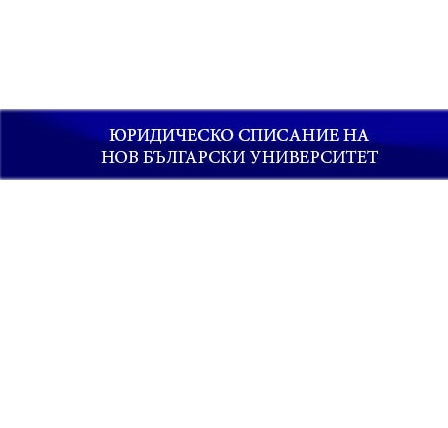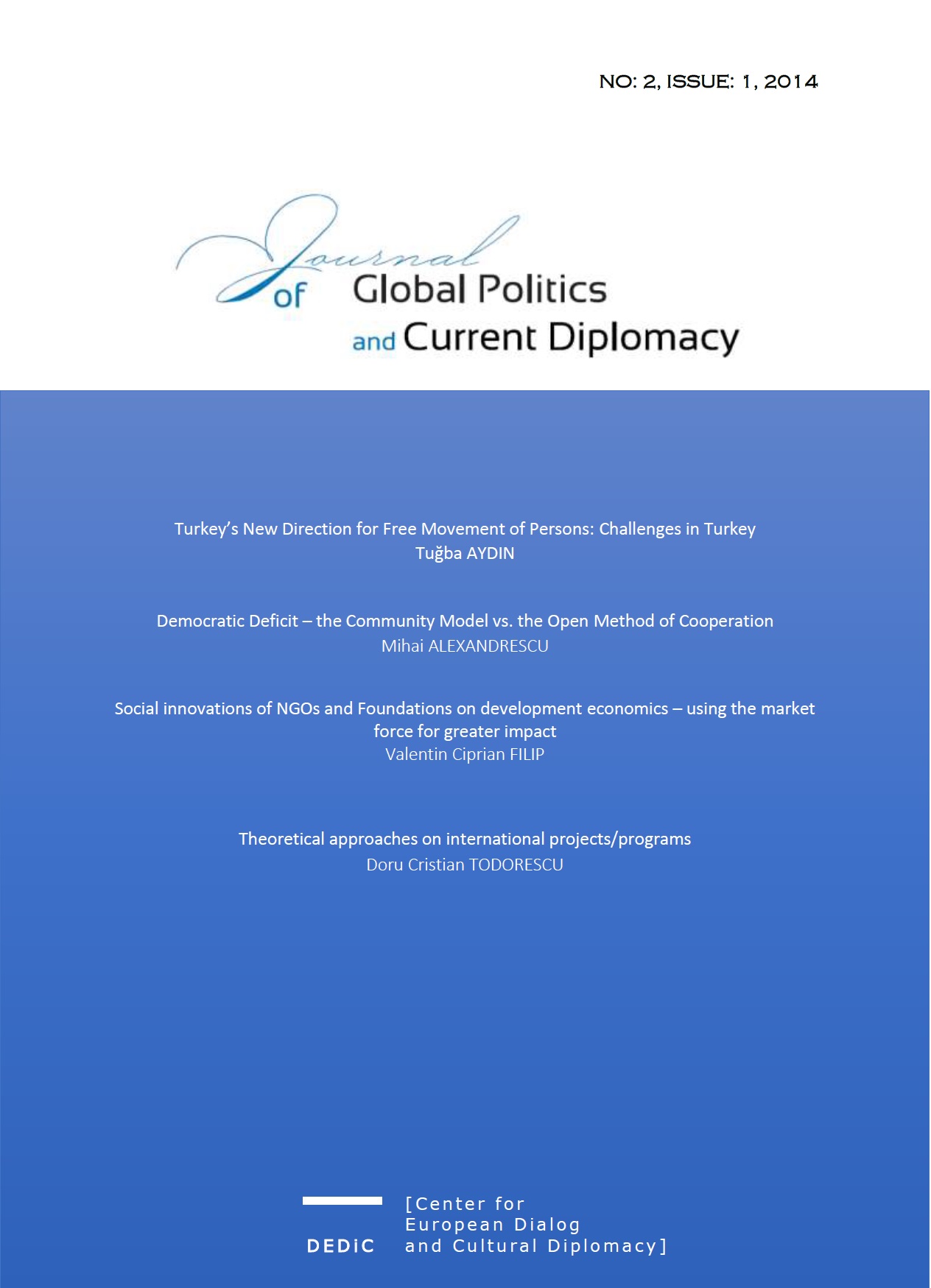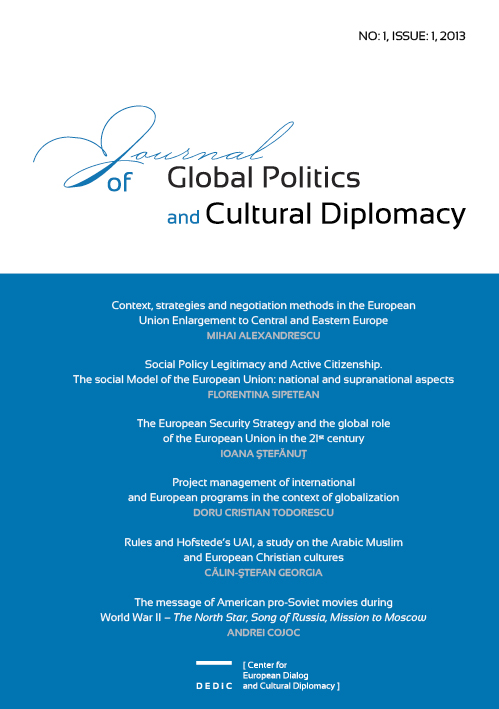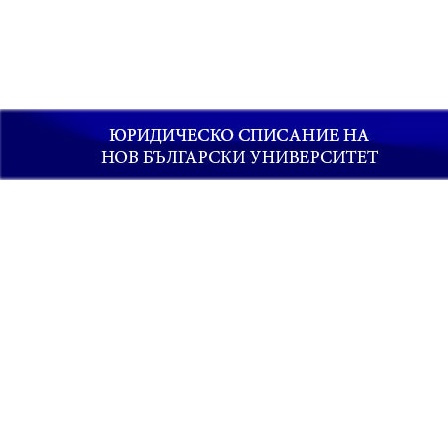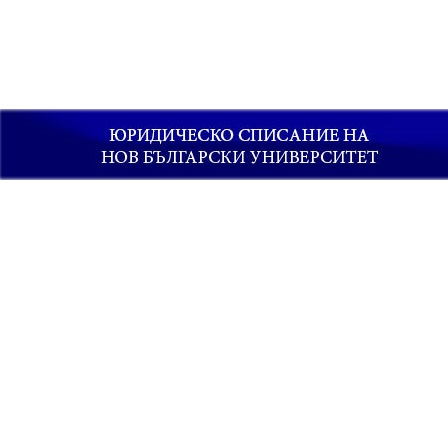Author(s): Valentin Filip / Language(s): English
Issue: 1/2014
New approaches in reaching their goals from Foundations and Development NGOs underline the existing consciousness on the need to counterpart grant giving with market-based solutions. In 2014 OECD published a study called: “Venture Philanthropy in Development – Dynamics, challenges, and lessons in the search for greater impact” where the organisation captured an important systemic change in the social work of Foundations and NGOs. The study underlined a new direction in their interventions that have the goal to solve social issues. This direction can be defined “as an entrepreneurial approach to philanthropy that combines a variety of financial and nonfinancial resources to identify, analyse, co-ordinate and support self-sustaining, systemic and scalable solutions to development challenges aimed at achieving the greatest impact.” (OECD, 2014). This shift in the roles and functions of these non-state and non-private actors are now posing fundamental questions on the present and future landscape of the “third sector” at the local, national but also international level. Nongovernmental organisations have gained important influence within broader society and especially in government and business. Complementarity has become the first term that defines those relations, and advocacy the second. Service NGOs orientated to providing services and goods to clients with unmet needs are stepping forward where public institutions are unable or unwilling to provide for societal needs and where companies do not see an income generating activity. Worldwide, well-known examples are the relief efforts provided by the Red Cross, the medical drugs distribution by Doctors Without Borders and the efforts of WWF to monitor the natural resources. As a case study, in Romania, this shift can be perceived in hybrid NGOs and Foundations that are combining advocacy with service for a greater impact on their target group. EU subsidies and new, stronger sustainability expectations from private donors contributed to a more entrepreneurial, professionalized, executive focused entity. The focus on this shift can bring the debaters on the “wrong and good” scale. Whether this shift on identity also contributed to a moral decline and ignorance of the first rationale that gave them drive in the first place (solving social issues, protecting the environment, etc.) is not the subject of the present article, and it will be difficult to be the subject of any objective article. Change is the leitmotif of nowadays society and NGOs operate under multiple, inexplicit, incomplete, and continually renegotiated and sometimes conflicting social contracts and institutions.
More...

